Geopolitics of Technology

The series will bring together in an online and onsite format experts from a range of disciplines, including economists, historians, political scientists and security studies experts, as well as political geographers and science and technology studies scholars. We will also query to what extent the current debates are indeed completely novel, or can be indeed be informed by historical perspectives. The series will begin with two events in the late spring of 2022, and continue through the autumn of 2022.
The Geopolitics of Technology series is an event series of the Duitsland Instituut Amsterdam, the Amsterdam Center for European Studies and the Stiftung Neue Verantwortung and is coordinated by Dr Franziska Plummer (ACES), Niels ten Oever (Media Studies) and Dr Mario Daniels (DIA).
Upcoming events
There are currently no events planned in this series.
-
Europe and the New Geopolitics of Technology
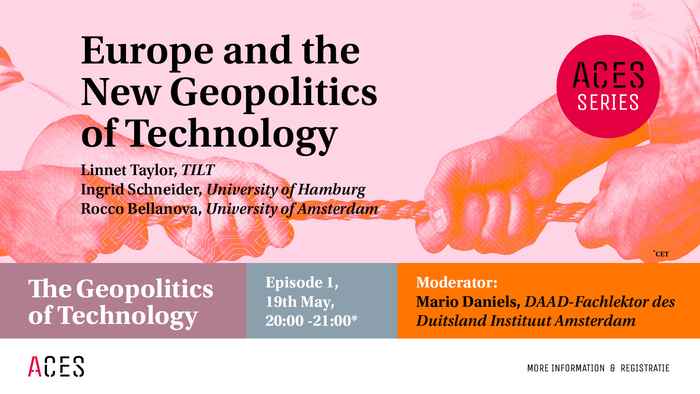 Geopolitics of Technology #1
Geopolitics of Technology #1Technology has become a matter of high politics again, with the EU, the United States and China all increasingly viewing the world as the stage of a geopolitical struggle for technological leadership. This race is driven by fears of possible economic decline as well as of technological and infrastructural inter-dependence that could be weaponized; it is focused both on material as well as immaterial aspects, on hardware, networks and infrastructure as well as their regulation.
- Date: 19 May | Speakers: Mario Daniels, Linnet Taylor, Ingrid Schneider, Rocco Bellanova
-
Book launch: Dangerous Knowledge
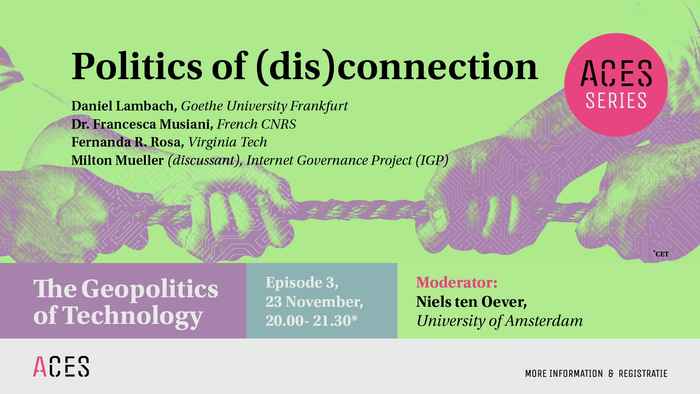 Geopolitics of Technology #2
Geopolitics of Technology #2Why and How the United States Curtailed High Technology Trade in the 20th and 21st Centuries
In their new groundbreaking book, Knowledge Regulation and National Security in Postwar America (University of Chicago Press), Mario Daniels and John Krige set out to show the enormous political relevance that export control regulations have had for American debates about national security, foreign policy, and trade policy since 1945.
- Date: 14 September | Speakers: Mario Daniels and John Krige
-
Infrastructural Distortion and Possession
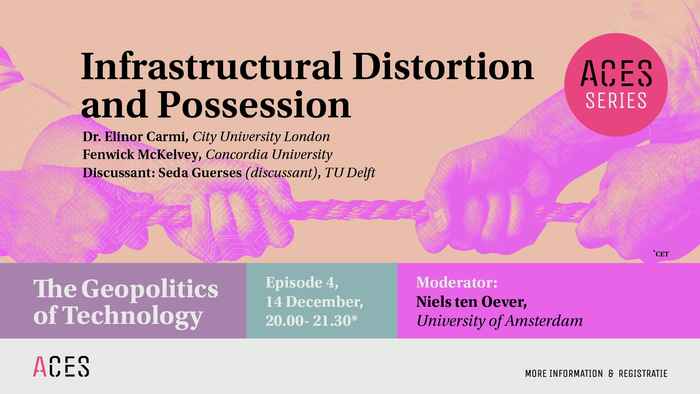 Geopolitics of Technology #3
Geopolitics of Technology #3Global internet infrastructure is increasingly becoming part of geopolitical conflicts. However, politics have always been an inherent part of communication infrastructures. One could even argue that that the internet infrastructure has been a field of reconfiguration of global power for decades, we just failed to see it.
- 14 December 2022 | Speakers: Elinor Carmi, Fenwick McKelvey and Seda Guerses
-
Politics of (Dis)connection
 Geopolitics of Technology #4
Geopolitics of Technology #4The possible establishment of a sovereign internet in Russia and the conflict between China and the United States over Huawei equipment is rekindling the discussion on splinternets and the limits to global interconnectivity. Can the internet, the original network of networks, resist the contemporary strain, or was it built to accommodate these differences?
- Date: 8 February 2023
- Speakers: Daniel Lambach, Francesca Musiani, Fernanda R. Rosa, Milton Mueller, Niels ten Oever
-
The geopolitics of foreign technologies - Europe and the Technologies of ‘Others’
 Geopolitics of Technology #5
Geopolitics of Technology #5The possible establishment of a sovereign internet in Russia and the conflict between China and the United States over Huawei equipment is rekindling the discussion on splinternets and the limits to global interconnectivity. Can the internet, the original network of networks, resist the contemporary strain, or was it built to accommodate these differences?
- Date: 20 March 2023
- Speaker: Nina Klimburg-Witjes, Gianluigi Negro, Gertjan Hoetjes, Franziska Plümmer
-
Chip Wars
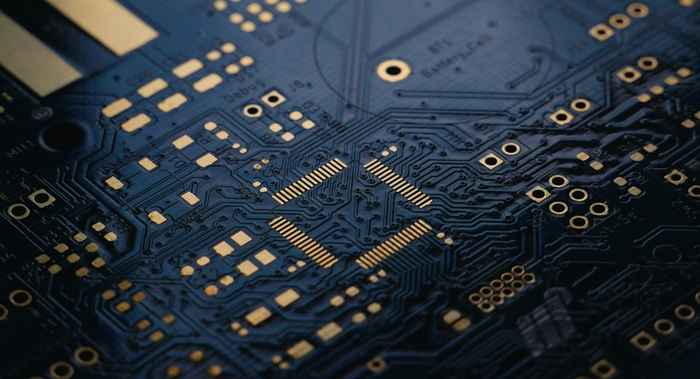 Geopolitics of Technology #6
Geopolitics of Technology #6Computer chips have taken center stage in the current geopolitical conflicts. Many debates tend to depict these issues as new challenges, but they are not. The geopolitics of computer chips has a deep and complicated history. In this sixth event of our “Geopolitics of Technology” series, we will discuss how decades of globalization have built and re-built our supply chains; why and how states have always played a key role in chip markets; and how and why concepts of economic, political and military power intersect particularly in this technological field.
- Date: 13 September 2023
- Speakers: Cyrus Mode, Raluca Csernatoni & Mario Daniels
-
Eaten by the Internet
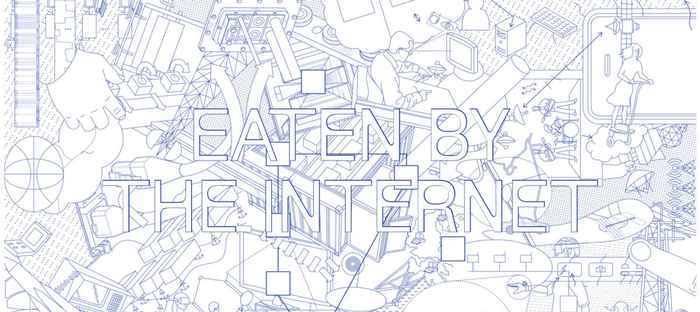 Geopolitics of Technology #7
Geopolitics of Technology #7Our world is eaten by the Internet. This means that those who control the Internet control the bounds of public speech, economic production, social cohesion, and politics, making its infrastructure a core political terrain in the networked age. This evening we honor a new book about the power of Big Tech and the future of the digital society, Eaten by the Internet. The discussion with the book’s authors and editor will make Internet infrastructure visible as a key force of political power and urge us to ask how can we ensure the Internet will sustain us, rather than consume us?
- Date: 31 October 2023
- Speakers: Corinne Cath, Gurshabad Grover, Fieke Jansen, Michael Veal & Niels ten Oever
-
Making it Political
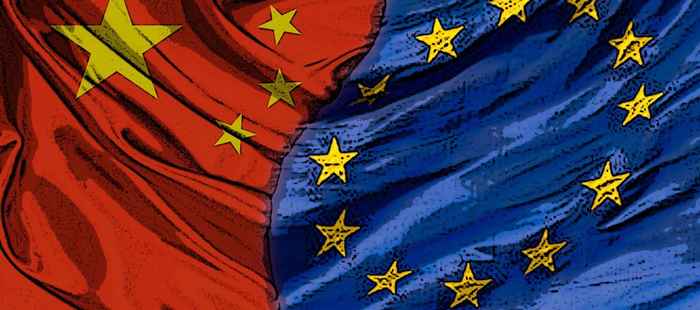 Geopolitics of Technology #8
Geopolitics of Technology #8Technological standards are at the center stage of the competition between China and the EU. China promotes their own standards in the EU and on the international stage, which gives them a leading role in the geopolitics of technology. This evening, the nature of this interaction between China and the EU was discussed.
- Date: 5 December
- Speakers: Daniel Fuchs, Qiao Cong-rui, Rogier Creemers